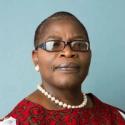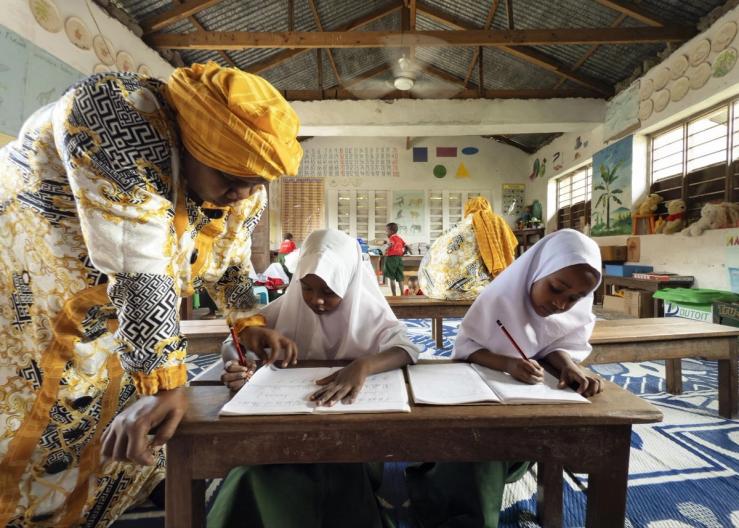Obiageli Ezekwesili’s view
Across Africa, the urgency to improve foundational learning has never been clearer. For decades, governments have expanded access to schooling, donors have funded educational programs, and philanthropies have launched initiatives. Yet the results remain stark: nine in 10 African children cannot read or understand a simple sentence by age 10. Access has expanded, but learning has stalled.
This is not just an education crisis, it is an economic one. Evidence shows that a one standard deviation improvement in foundational learning outcomes can raise annual GDP per capita growth by up to two percentage points, an effect stronger than that of years of schooling alone. When children learn to read, reason, and solve problems, they lay the foundation for innovation, productivity, and civic participation.
Progress remains fragile. Aid is declining and rising debt is squeezing public budgets. Traditional education financing alone can no longer sustain improvement.
Philanthropic capital therefore gains renewed relevance, not as a substitute for public or donor funding, but as a catalytic force that moves quickly, takes bold risks, and brings local proximity to drive reform. Philanthropy can unlock innovation, test new models, and generate the evidence governments need to act at scale.
The private sector’s role is equally critical. Its growth depends on an educated and capable workforce. Each child who learns becomes a future professional, entrepreneur, and contributor to national prosperity. By investing in foundational learning today, Africa builds the human capital that will sustain its progress for generations.
Africa’s next phase of growth cannot be imported; it must be African-led, locally grounded, and collectively sustained. From our recent Investing in Africa’s Foundations convening, two initiatives emerged: the African Philanthropy Coalition for Foundational Learning and the African CEOs Coalition for Foundational Learning. Together, they mark a new era of African ownership where proximity, accountability, and sustained investment drive reform. Both coalitions align African foundations and businesses to coordinate investments, champion learning as an economic priority, and strengthen delivery through their influence and capabilities.
Lasting change depends on aligning leadership across sectors. Governments must embed foundational learning in national plans and protect domestic budgets. Philanthropies must invest strategically in innovation and evidence. Private-sector leaders must use their platforms to advocate for learning and accountability. With an estimated $2.5 trillion in investable African wealth, these partnerships can mobilize the continent’s own capacity for transformation.
Africa’s learning crisis will not end through goodwill alone, it demands urgent action and accountability. The continent’s future will not be built not by short-term projects, but by systems that endure — led and sustained by Africans, for Africa.
Obiageli Ezekwesili is the Founder/CEO of Human Capital Africa. She is a former education minister in Nigeria.
Notable
- Insufficient domestic funding is hindering education progress in Africa as most governments fail to meet global funding benchmarks, wrote Human Rights Watch.


